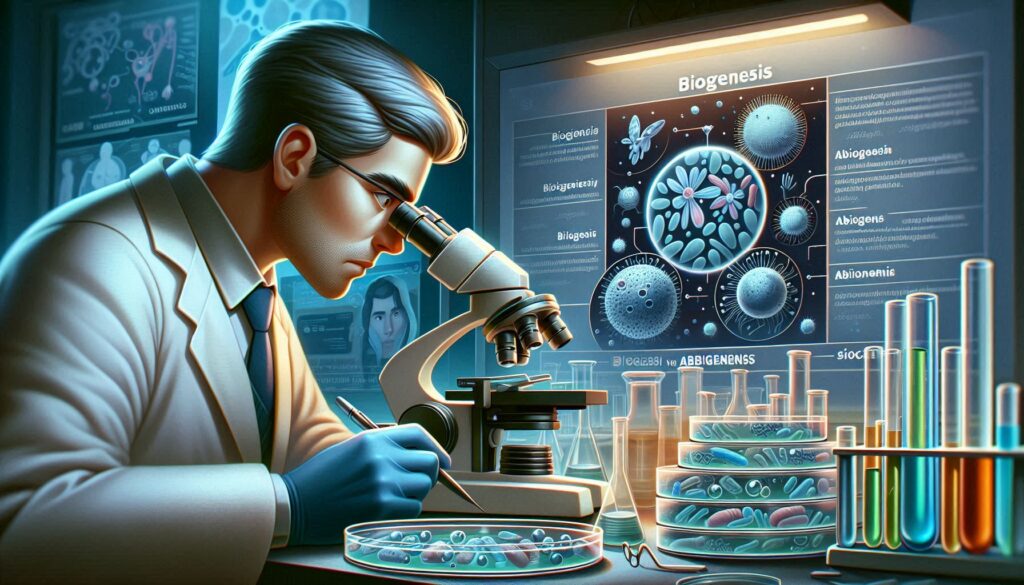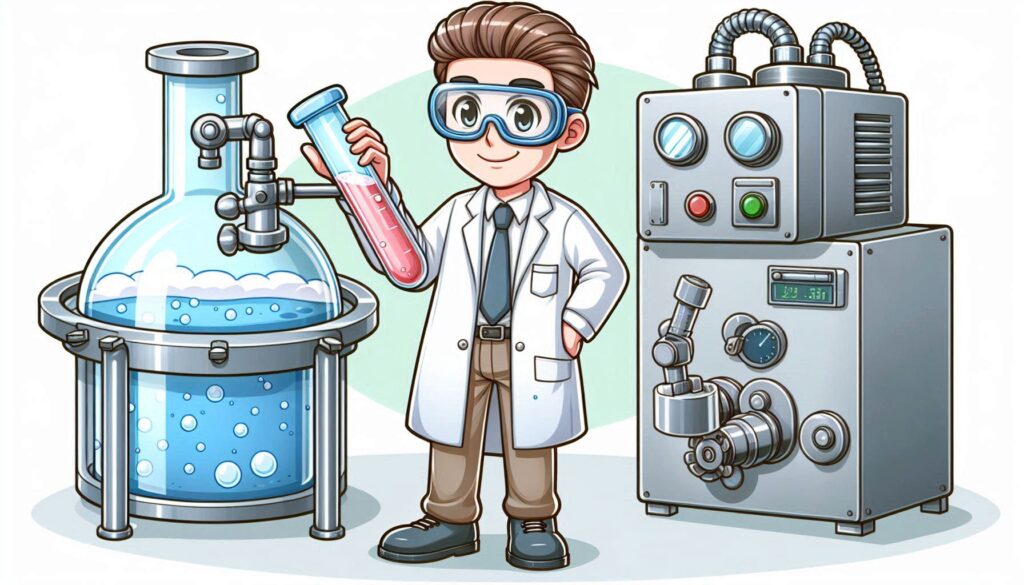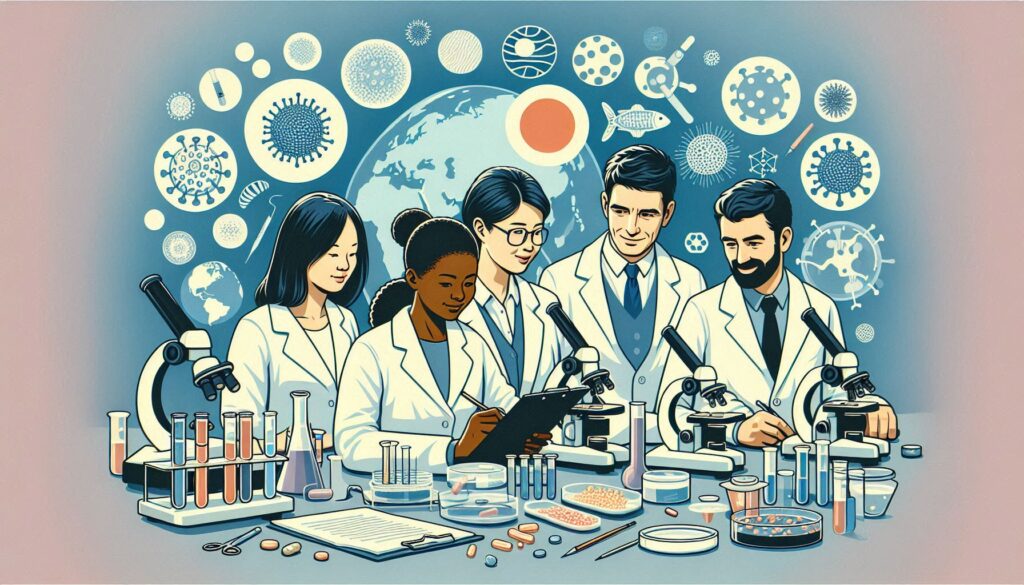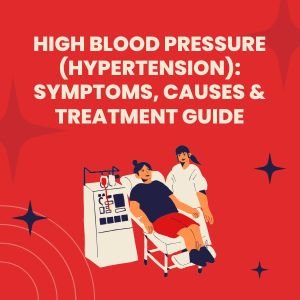Golden Age of Microbiology (1857-1914)
Discovery of the Microbial World
– Antonie van Leeuwenhoek (1632-1723)
– Known as the “Father of Microbiology,” Leeuwenhoek was the first to observe and describe microorganisms using a microscope he developed. His observations of “animalcules” in water and other substances laid the foundation for microbiology. Golden Age of Microbiology (1857-1914)
Biogenesis and Abiogenesis
– Abiogenesis (Spontaneous Generation)
– The belief that life could arise spontaneously from non-living matter.
– Biogenesis
– The theory that life arises from pre-existing life.

Contributions of Key Scientists
Golden Age of Microbiology (1857-1914)
– Francesco Redi (1626-1697)
– Conducted experiments that challenged spontaneous generation by showing that maggots on decaying meat came from fly eggs, not the meat itself.
Golden Age of Microbiology (1857-1914)
– Lazzaro Spallanzani (1729-1799)
– Demonstrated that microorganisms did not spontaneously generate in boiled and sealed broth, supporting biogenesis.
– John Needham (1713-1781)
– Claimed that microorganisms could arise spontaneously in a broth that had been heated and then sealed, supporting spontaneous generation.
– Louis Pasteur (1822-1895)
– Disproved spontaneous generation through his swan-neck flask experiment, showing that microorganisms in the air caused broth to spoil.
– Developed pasteurization to prevent microbial contamination.
– Proposed the germ theory of disease.
– John Tyndall (1820-1893)
– Pasteur’s findings were supported by experiments that demonstrated the presence of microorganisms in the air.
– Joseph Lister (1827-1912)
– Antiseptic techniques were introduced in surgery, significantly reducing infections.
– Robert Koch (1843-1910)
– Koch’s postulates were developed as criteria to establish the causative relationship between a microorganism and a disease.
– Identified the causative agents of tuberculosis, cholera, and anthrax.
– Edward Jenner (1749-1823)
– Developed the first successful smallpox vaccine using material from cowpox lesions.
– Alexander Fleming (1881-1955)
– Discovered penicillin, the first antibiotic, which revolutionized the treatment of bacterial infections.
The Debate Over Spontaneous Generation Versus Biogenesis
– The debate spanned centuries, with notable experiments by Redi, Needham, Spallanzani, and Pasteur gradually shifting the consensus towards biogenesis, culminating in Pasteur’s definitive experiments.
Golden Age of Microbiology (1857-1914)
Golden Age of Microbiology (1857-1914)
Golden Age of Microbiology (1857-1914)
– Fermentation and Pasteurization
– Pasteur demonstrated that microorganisms caused fermentation and developed pasteurization to kill harmful microbes in food and drink.
Golden Age of Microbiology (1857-1914)

– Germ Theory of Disease
– Pasteur and Koch’s work established that specific microorganisms cause specific diseases.
– Koch’s Postulates
– Four criteria to demonstrate that a microorganism causes a specific disease:
1. The microorganism must be found in all cases of the disease.
2. It must be isolated from the host and grown in pure culture.
3. It must cause the disease when introduced into a healthy, susceptible host.
4. It must be re-isolated from the diseased experimental host.
– Vaccination
– Jenner’s smallpox vaccine laid the groundwork for immunology.
– Pasteur developed vaccines for rabies and anthrax.
– Antisepsis
– Lister’s use of carbolic acid in surgery drastically reduced infection rates.
– Chemotherapy
– Paul Ehrlich’s concept of a “magic bullet” led to the development of Salvarsan, an effective treatment for syphilis.
Impact of Microorganisms on Human Affairs
– Health and Medicine
– Improved understanding and treatment of infectious diseases.
The development of antibiotics and vaccines has saved countless lives.
-Food Industry
– Microbial fermentation is essential in producing bread, cheese, yogurt, beer, and wine.
– Pasteurization has improved food safety and shelf life.
– Environmental and Industrial Applications
– Microbes play crucial roles in bioremediation, waste treatment, and the production of biofuels and bioplastics.
– Scientific Research
– Microorganisms serve as model organisms in genetics, molecular biology, and biotechnology.
Conclusion
Golden Age of Microbiology (1857-1914)

Microbiology has profoundly impacted various aspects of human life, from health and medicine to food production and environmental management. The discoveries and advancements made by pioneering scientists have paved the way for modern microbiology and its applications, demonstrating the critical role of microorganisms in our world.
Golden Age of Microbiology (1857-1914)




